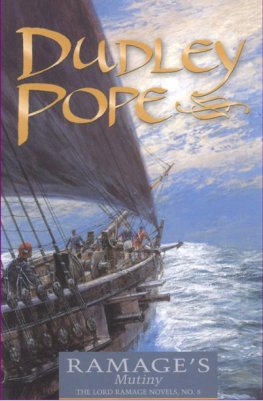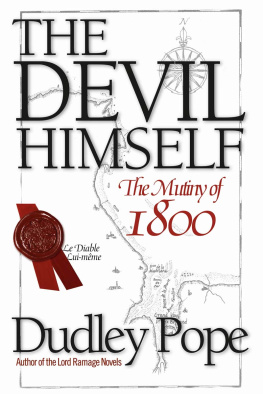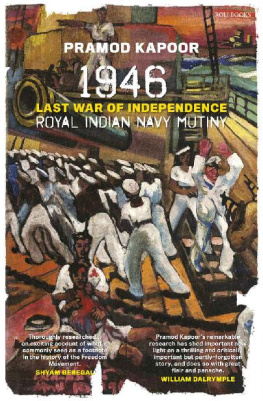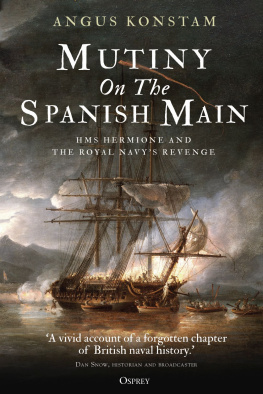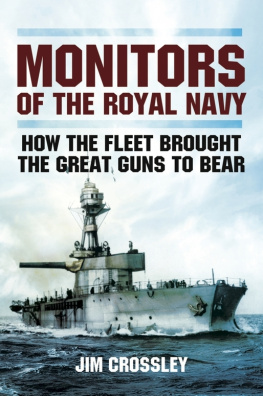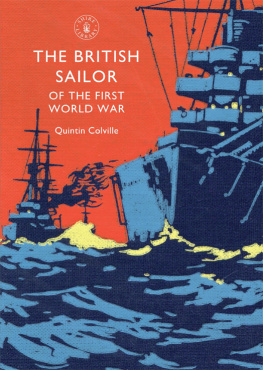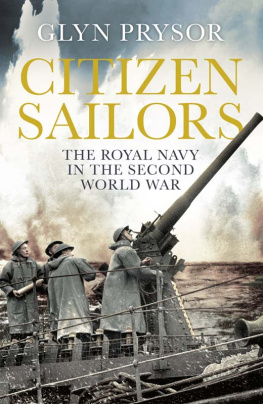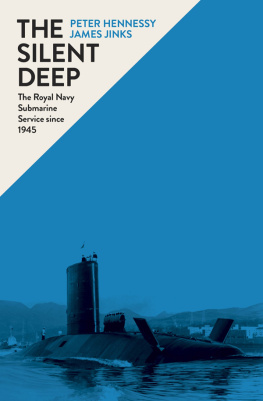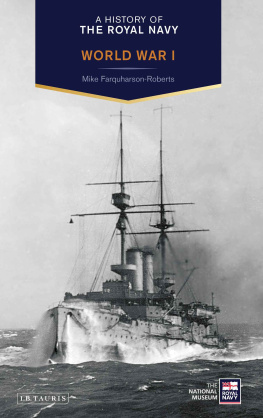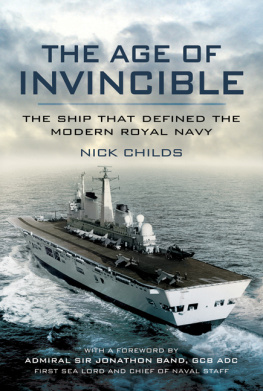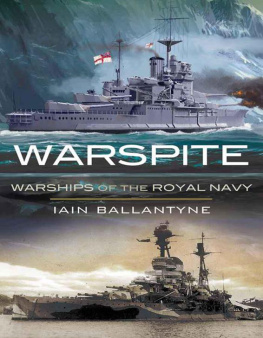Alan Ereira - The Invergordon Mutiny: A Narrative History of the Last Great Mutiny in the Royal Navy and How It Forced Britain off the Gold Standard in 1931
Here you can read online Alan Ereira - The Invergordon Mutiny: A Narrative History of the Last Great Mutiny in the Royal Navy and How It Forced Britain off the Gold Standard in 1931 full text of the book (entire story) in english for free. Download pdf and epub, get meaning, cover and reviews about this ebook. year: 2015, publisher: Routledge, genre: History. Description of the work, (preface) as well as reviews are available. Best literature library LitArk.com created for fans of good reading and offers a wide selection of genres:
Romance novel
Science fiction
Adventure
Detective
Science
History
Home and family
Prose
Art
Politics
Computer
Non-fiction
Religion
Business
Children
Humor
Choose a favorite category and find really read worthwhile books. Enjoy immersion in the world of imagination, feel the emotions of the characters or learn something new for yourself, make an fascinating discovery.
- Book:The Invergordon Mutiny: A Narrative History of the Last Great Mutiny in the Royal Navy and How It Forced Britain off the Gold Standard in 1931
- Author:
- Publisher:Routledge
- Genre:
- Year:2015
- Rating:5 / 5
- Favourites:Add to favourites
- Your mark:
The Invergordon Mutiny: A Narrative History of the Last Great Mutiny in the Royal Navy and How It Forced Britain off the Gold Standard in 1931: summary, description and annotation
We offer to read an annotation, description, summary or preface (depends on what the author of the book "The Invergordon Mutiny: A Narrative History of the Last Great Mutiny in the Royal Navy and How It Forced Britain off the Gold Standard in 1931" wrote himself). If you haven't found the necessary information about the book — write in the comments, we will try to find it.
In September 1931 the Royal Navy experienced its biggest modern mutiny. The largest warships in the Atlantic Fleet were gathering in Cromarty Firth, for their autumn exercises. Meanwhile Ramsay MacDonalds newly formed national Government announced its emergency budget, introducing means tests, cutting umeployment benefit and reducing public sector pay. On arrival at Invergordon the sailors discovered the scale of the cuts they were supposed to bear. Their resulting strike, co-ordinated from ship to ship, swiftly achieved its objective. The Navy was badly shaked by the extraordinary efficiency of the action, and Britiains financial credit was so seriously damaged that within a few days the country was forced off the Gold Standard. Until this book was published little of the story was known; officially dexcribed as a case of unrest it was hushed up and no Courts-Martial or Commission of Inquiry followed.
This is the first detailed account of the Invergordon mutiny based on the personal testimony of those involved on the lower deck. Particular attention is given to the way the affair was organized, both centrally and in individual ships, to the structure of command and to the flash points when the use of force was considered and attempted.
The dramatic story is hereput into its historical context: the background to the budget crisis of 1931, the implications of the cuts imposed, the conditions of the Fleet at the time: themes which remain as pertinent today as they were in 1931.
Alan Ereira: author's other books
Who wrote The Invergordon Mutiny: A Narrative History of the Last Great Mutiny in the Royal Navy and How It Forced Britain off the Gold Standard in 1931? Find out the surname, the name of the author of the book and a list of all author's works by series.


